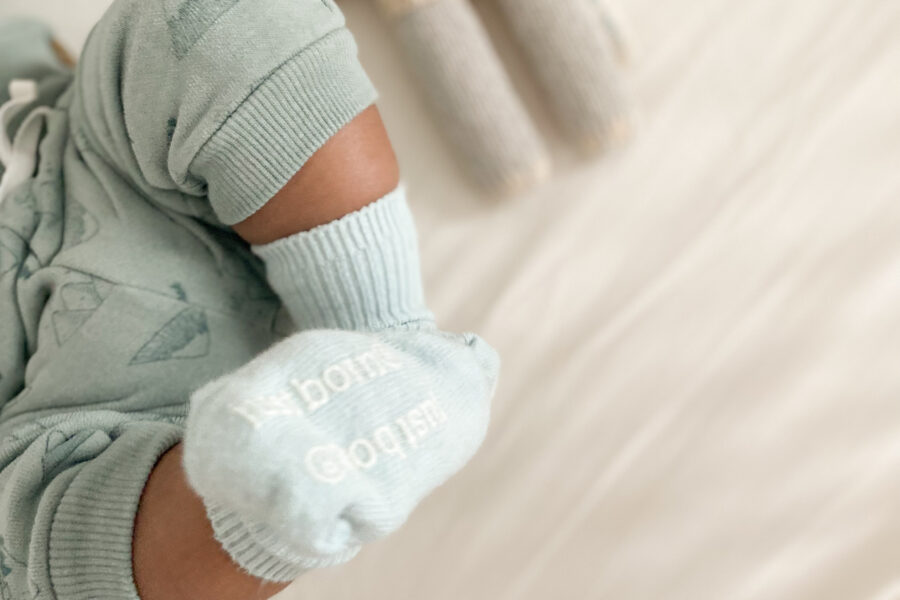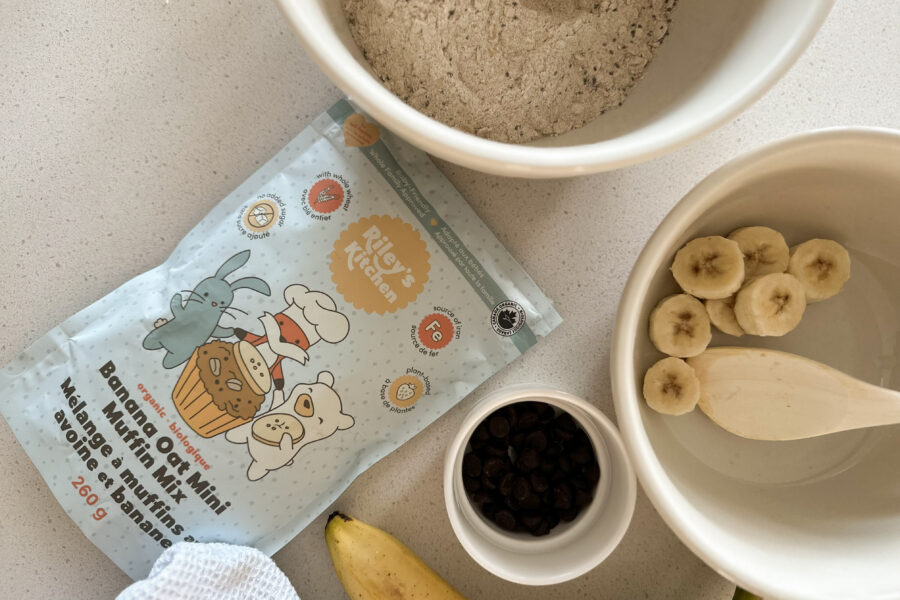
After having my daughter, I was very conscious about the products in nursery and on her clothes and linens. For the longest time I opted out on fabric softener after learning horror behind the ingredient label. It made me wonder, do we actually need fabric softener for our clothes? Let’s break it down.
What is fabric softener for?
Fabric softener is used to add a soft and fresh fragrance to clothes while also reducing static and making the fabric feel softer. The softener is typically added to the washing machine during the rinse cycle. It helps to reduce friction between fibers, resulting in a softer feel, and reduces static cling by depositing a thin layer of oil onto the fibers to reduce the friction between them.
Is there any danger of fabric static?
No, there is no danger in fabric static. Fabric static occurs when electrons build up on the surface of clothing fibers, causing them to cling together and creating an unpleasant sensation or sound. It can be annoying but it is not dangerous. However, some people with sensitive skin may experience mild skin irritation from static-generated sparks. In these cases, using fabric softeners or anti-static products can help to reduce static and prevent skin irritation.

What are the toxins in generic fabric softener
Many generic fabric softeners contain a variety of ingredients, some of which may be considered toxic. Some of the common ingredients in fabric softeners include:
- Quaternary Ammonium Compounds (Quats): Quats are often used as a softening agent and antistatic agent in fabric softeners. Some studies have suggested that Quats can cause skin irritation and respiratory problems in some people.
- Fragrance: Fabric softeners often contain fragrances that can contain phthalates, which are a group of chemicals that can cause health problems such as hormonal disruptions and developmental problems.
- Petroleum-Based Oils: Some fabric softeners contain petroleum-based oils that can cause skin irritation and respiratory problems in some people.
- Ethanol and Propylene Glycol: These are used as solvents in fabric softeners and can cause skin irritation in some people.
It is important to note that the levels of these and other ingredients in fabric softeners are generally considered safe by regulatory agencies such as the U.S. Environmental Protection Agency (EPA) and the Consumer Product Safety Commission (CPSC). However, some people may still experience health problems due to these ingredients, and it is always a good idea to read the label and choose a fabric softener that is free of harmful chemicals if possible.
Should I use fabric softener on baby clothes and linens?
It is not recommended to use fabric softeners on baby clothes and linens, as they contain harsh chemicals that can irritate a baby’s delicate skin. Instead, opt for using a mild detergent specifically designed for babies, or opt for air-drying the clothes to keep them soft and reduce the risk of skin irritation.
Should I use fabric softener on blankets?
It depends on the type of blanket and the desired outcome. Some blankets, such as those made of synthetic materials or fleece, can benefit from the softening effect of fabric softener. However, natural fibers such as wool, cotton, and silk may lose their natural softness and insulation properties if treated with fabric softener. Additionally, fabric softeners can also clog the fibers of the blanket and reduce its ability to keep you warm.
If you choose to use fabric softener on your blanket, make sure to read the care label and follow the manufacturer’s instructions. If you prefer to avoid fabric softener, consider air-drying the blanket or using natural alternatives such as vinegar or baking soda in the rinse cycle.
What are natural alternatives to fabric softeners?
There are several natural alternatives to fabric softener, including:
- Vinegar: Add 1/2 cup of white vinegar to the rinse cycle to help soften clothes and reduce static.
- Baking soda: Add 1/2 cup of baking soda to the wash cycle to soften clothes and remove odors.
- Essential oils: Add a few drops of your favorite essential oil to the rinse cycle for a natural, fresh scent.
- Lemon juice: Use 1/2 cup of lemon juice in the rinse cycle to soften clothes and give them a fresh scent.
- Wool dryer balls: Dry clothes with wool dryer balls to soften them naturally and reduce static.
There are also great sustainable and EWG Verified brands that you can use instead of homemade ones.
Here are a few:
Mint Fabric Softener
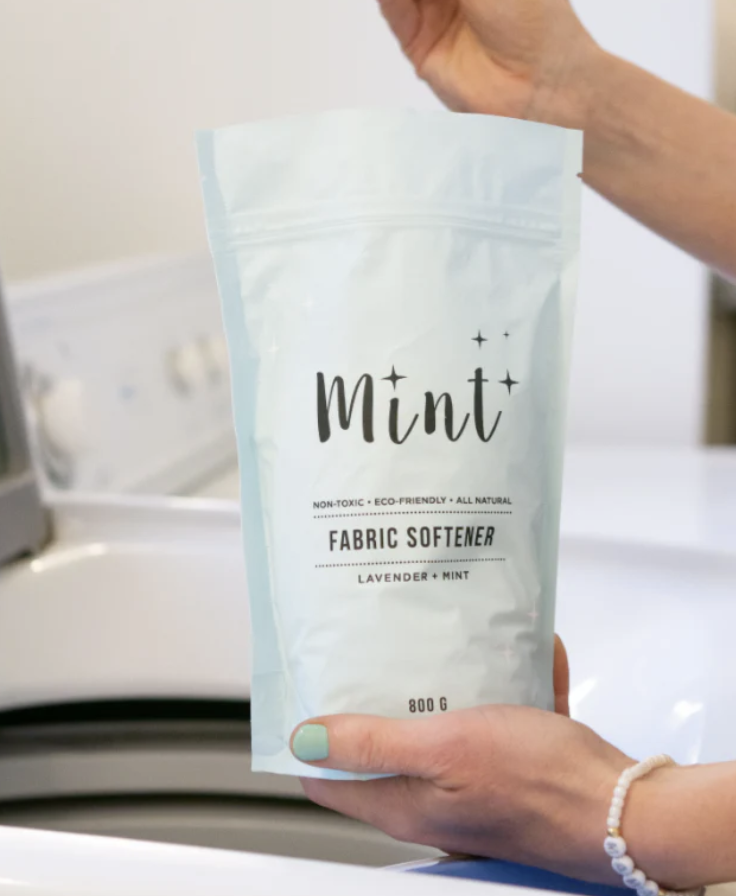
Fabric softener is used to help protect your laundry by keeping clothes brighter and reducing odours, stains, static cling, as well as maintaining elasticity. It can also be used to deodorize and keep your washing machine clean. Infused with lavender and mint essential oils leaving your laundry smelling fresh and clean.
Socca Living: Wool Dryer Balls
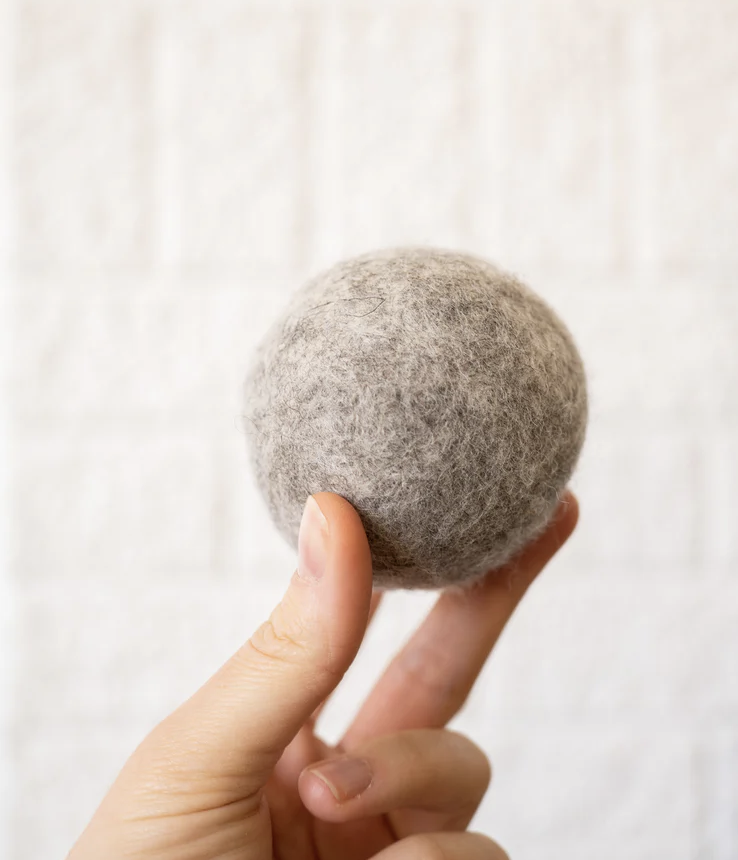
Their Wool Dryer Balls are Handmade in Ontario, Canada from 100% Pure Merino and Corriedale wool. Softens clothes naturally while reducing static and wrinkles. Reduces drying time and saves electricity and safe for sensitive skin and babies.
Siempre Eco Reusable Wool Dryer Balls
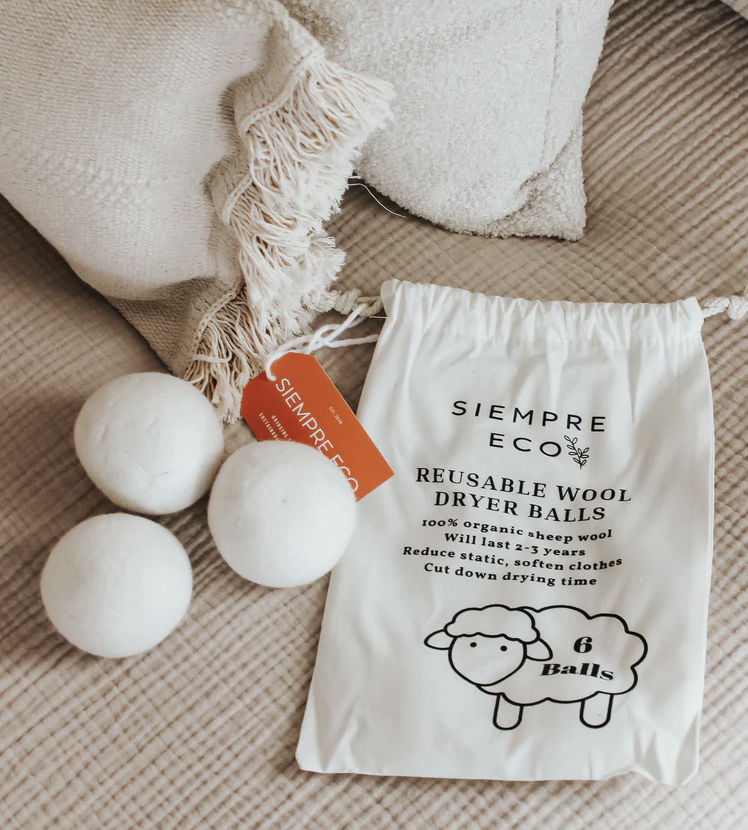
These handmade wool balls replace synthetic fabric softeners and dryer sheets. They keep heavy items such as sheets, blankets and jeans from getting balled up and allows your clothes to dry more evenly. Reduce your drying time by a third because the balls promote efficient air flow which shortens drying time; prevents static cling too. Each ball is reusable up to 1000 loads and lasts 2-3 years!. Each ball is hypoallergenic and 100% natural; perfect for sensitive skin!
